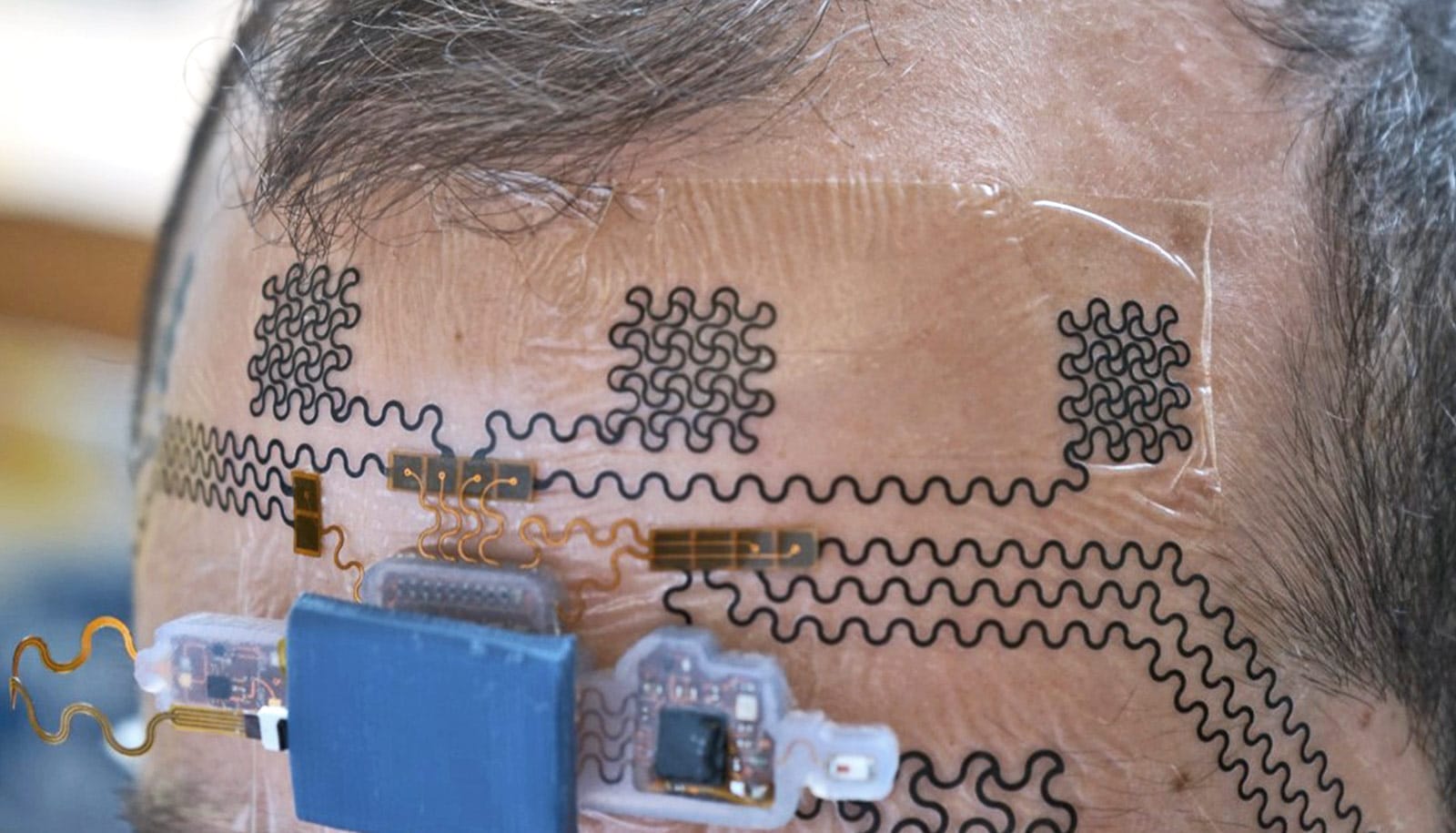One hospital probably saves nearly $2 million a year, report researchers, by offering a peer support program aimed at helping doctors and nurses cope with patient deaths and other traumatic events at work.
The findings, in the Journal of Patient Safety, could motivate other medical centers to offer such programs, with benefits far beyond the dollars and cents, researchers from the Johns Hopkins University Bloomberg School of Public Health say.
“It’s hard to put a true price on the emotional support and coping mechanisms…”
Clinicians who cannot deal with the stress or don’t feel supported after traumatic cases often suffer a decrease in their work productivity, take time off, or quit their jobs, the researchers say.
“We often refer to medical providers who are part of these stressful events as ‘second victims,'” says study leader William V. Padula, an assistant professor of health policy and management, using a term that Johns Hopkins professor Albert Wu coined. “Although providers often aren’t considered to be personally affected, the impact of these events can last through their entire career.”
Peer counselors on call
In 2011, Johns Hopkins Hospital started the Resilience in Stressful Events program, or RISE. The program relies on a network of peer counselors: nurses, physicians, social workers, chaplains, and other professionals. They arrive or call fellow clinicians in need within 30 minutes of a request for help after an emotionally difficult care-related event, such as having a patient in extreme pain, dealing with an overwhelmed family, or seeing medical error harm a patient.
Why surgeons should say ‘sorry’ for medical errors
At large academic medical centers, which deal with complex cases and an often very sick patient population, such events can happen daily, Padula says.
Although Padula says that he and others believe in RISE regardless of cost, the program does require Johns Hopkins to invest some resources. For example, he says, although the peer counselors volunteer their time, that’s time taken away from billable work, such as patient care. For Johns Hopkins to continue to invest in the program, he explains, demonstrating a financial benefit is critical.
Emotional support
Padula and his colleagues developed a model focused just on nurses, investigating the likely financial outcomes of a year with or without the RISE program in place. Data came from a survey of nurses on their probability of quitting or taking a day off after a stressful event with or without the program in place. It also used human resources data as well as the average cost of replacing a lost nursing employee available in published literature, among other data.
Nurse turnover is high, but is that a problem?
The researchers found that the annual cost of RISE per nurse was about $656; the expected annual cost of not having the program in place was $23,232, so RISE results in a net savings of $22,576 per nurse. Extrapolating that to all users of the system—including doctors, who have a much higher cost per billable hour and dramatically higher replacement costs—the total savings to the entire institution in one year was estimated at about $1.81 million.
The savings alone is an attractive reason to implement a program like RISE at other large academic medical centers, Padula says, though he believes helping clinicians get through a stressful event is the right thing to do, regardless of cost.
“It’s hard to put a true price on the emotional support and coping mechanisms this program provides for clinicians after tragic events,” he says.
Funding for the study came from the Josie King Foundation and the Maryland Patient Safety Center.
Source: Johns Hopkins University



